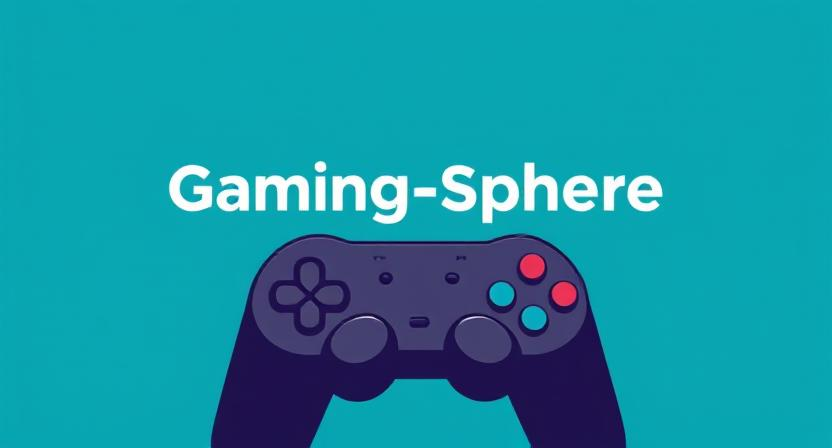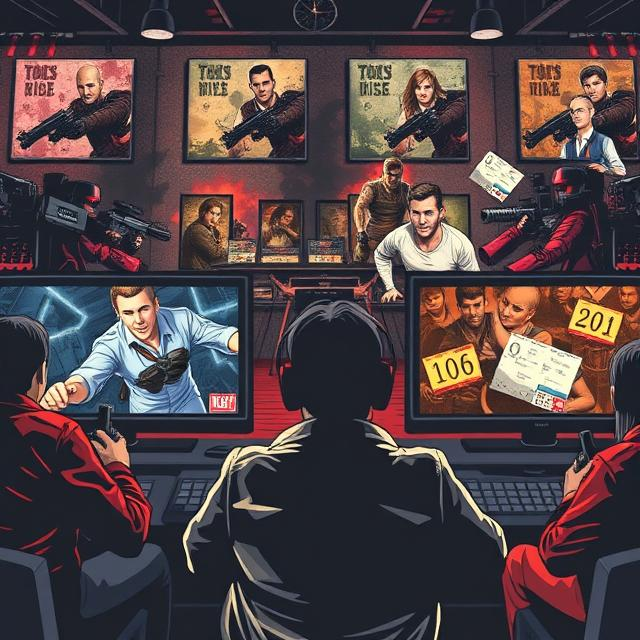Violence has been a core mechanic in video games since their early days. From Doom and Mortal Kombat to modern titles like The Last of Us Part II or Call of Duty, combat is often central to gameplay. But as games evolve as an art form, so does the conversation around the ethics of virtual violence.
Critics argue that violence is overused, often included not for narrative necessity but to meet commercial expectations or genre conventions. When games rely solely on killing as a reward loop, it risks desensitizing players and reinforcing shallow design.
However, others point out that violence in games can serve meaningful narrative and emotional purposes. In Spec Ops: The Line, for example, the game forces players to reflect on their own actions and moral justifications. It doesn’t glorify violence—it interrogates it.
The ethical weight of violence depends on:
- Context: Is it justified in the story?
- Tone: Is it glorified, cartoonish, or disturbing?
- Interactivity: Do players have choices, or are they railroaded into violent actions?
Developers also explore non-lethal gameplay, like in Dishonored or Deus Ex, where players can choose stealth or pacifism. These options encourage reflection and role-playing over mindless aggression.
Ultimately, video games are a medium like film or literature—capable of portraying violence responsibly or exploitatively. The challenge is not eliminating violence, but treating it with the same nuance and intention expected from other serious art forms.


Leave a Reply